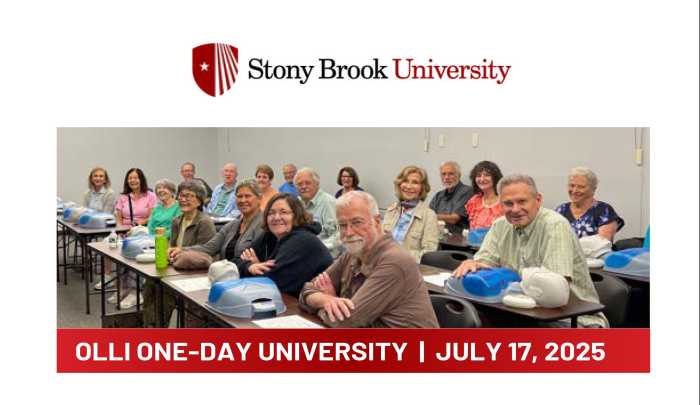For years, political pundits and activists have been talking about taking the money out of politics. Mail-in ballots may help further that goal.
Underfunded candidates who cannot afford the constant mailings that help give name recognition may have a better chance of reaching voters. If all voters have a ballot mailed to them at home, they will not only be able to fact check the candidates on the internet, but discuss the candidates with family or friends. In contrast, when voters go to the polls, many will vote for the name they are most familiar with.
The mail-in ballot gives a leg-up to underfunded candidates, making money less important in elections and creating a more informed electorate.
Mail-in ballots will also increase voter participation. In the 2016 election in New York State, 42.8 percent of the voting-age population stayed home. Having a ballot mailed to the voter’s address will make it easier to vote, especially with coronavirus weighing over everyone’s head.
While opponents of mail-in ballots say the ballots will increase voter fraud, any fraudulent votes will be offset by the increase in voter participation out-numbering any fraudulent votes.
If that does not persuade you enough, think about the health of the poll workers and of those voters who may have forgotten to request an absentee ballot. Many of the poll workers are retirees, one of the most vulnerable populations to the COVID-19 pandemic. Why expose poll workers and the voters to the virus, not to mention the library and firehouse personnel and the schools that hold the election?
Scientists from the National Institutes of Health have stated that it is possible that the coronavirus can stay in the air for up to 2 to 3 hours later from a single cough. Furthermore, studies have shown that the virus can remain on surfaces from 4 hours up to 3 days.
Having a polling place in a library, where hundreds of people frequent could make the venue a major spread of the virus. Even if you practice social distancing, a voter could become infected through surface touching at a voting station through fomite transmission.
Mail-in ballots will not only help curtail the spread of the coronavirus, but serve as an equalizer for underfunded candidates, while increasing voter participation, and creating a more informed electorate.
Patricia Maher is a candidate in the Democratic Primary in the 2nd Congressional District of New York to be held on June 23.
For more editorials visit longislandpress.com/category/perspectives
Sign up for Long Island Press’ email newsletters here. Sign up for home delivery of Long Island Press here. Sign up for discounts by becoming a Long Island Press community partner here.


































